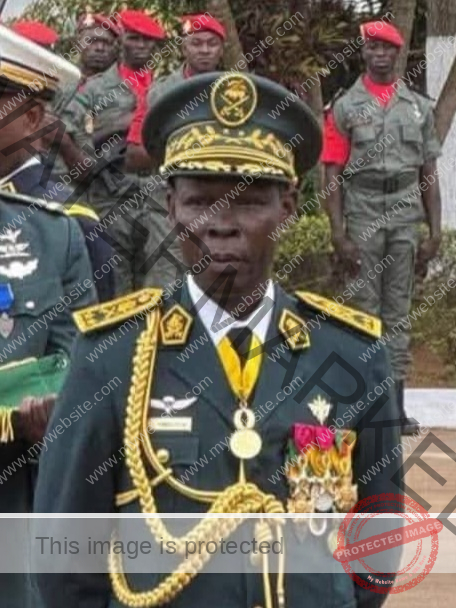According to reliable sources in Yaoundé, President Paul Biya recently ordered elements of the national army to abduct Issa Tchiroma Bakary, the self-proclaimed winner of the October 2025 presidential elections. One senior general refused outright. His words were simple but historic: “The army cannot attack its own people.”
By Ali Dan Ismael, Editor-in-Chief, on Special Assignment in Maroua, French Cameroun
A quiet but powerful act of conscience inside French Cameroon’s military has cast new light on the long-denied truth about the Ambazonian conflict.
According to reliable sources in Yaoundé, President Paul Biya recently ordered elements of the national army to abduct Issa Tchiroma Bakary, the self-proclaimed winner of the October 2025 presidential elections. One senior general refused outright. His words were simple but historic:
“The army cannot attack its own people.”
Those seven words drew a moral line that the regime has tried for decades to blur. The officer understood that the army’s duty is to defend the Republic, not to serve as a political tool against unarmed citizens. His refusal echoed the professional discipline once shown during the 1992 crisis, when security forces hesitated to assault supporters of John Fru Ndi, who were also civilians exercising political choice.
A Mirror to the Ambazonian Question
The significance of this refusal goes far beyond Yaoundé’s power struggle.
If a French Cameroonian general can declare that the army must not attack “its own people,” then by logical extension, the same army’s actions in Ambazonia — the former British Southern Cameroons — cannot be described as internal policing.
For over eight years, those same forces have crossed the 1961 boundary to burn villages, kill civilians, and occupy towns under the false banner of “national unity.”
Yet the conscience of one general exposes the contradiction: Ambazonians are not “their own people.”
Each military operation on Ambazonian soil is therefore not a domestic law-and-order mission but a foreign intervention — an act of occupation under international law.
From Conscience to Law
The general’s moral stand aligns perfectly with international legal principles.
Under the United Nations Charter and Resolution 2625 on the Rights of Peoples, communities under alien domination have an inherent right to self-determination and to defend themselves against external aggression.
Ambazonia’s organised resistance, far from being rebellion, therefore constitutes the lawful exercise of that right.
The historical record supports this position: the former British Southern Cameroons was never legally integrated into French Cameroon. No ratified treaty of union exists; United Nations Resolution 1608 (XV) was never implemented. Hence, the presence of French Cameroonian troops in Ambazonia is, in the eyes of law and conscience alike, a foreign military occupation.
A Call for Recognition, Not Revenge
Ambazonia’s struggle is not directed against the citizens of French Cameroon, many of whom — like this courageous officer — reject tyranny and abuse of power. It is a call for mutual respect between two sovereign peoples separated by history, law, and the dictates of conscience.
The international community must now recognise that when a French Cameroonian general refuses to harm his own citizens, he unwittingly confirms what Ambazonians have said all along:
that their fight is not a civil war, but a war of liberation — the pursuit of independence from foreign domination.
Conclusion
The general’s words will be remembered as a moment of truth in a season of deceit.
“The army cannot attack its own people.”
If that principle holds inside French Cameroon, it holds even more strongly beyond its borders.
Every act of aggression against Ambazonia is therefore an act of foreign war — and every act of Ambazonian defence is an act of sovereignty.
Ali Dan Ismael, Editor-in-Chief, on Special Assignment in Maroua,

